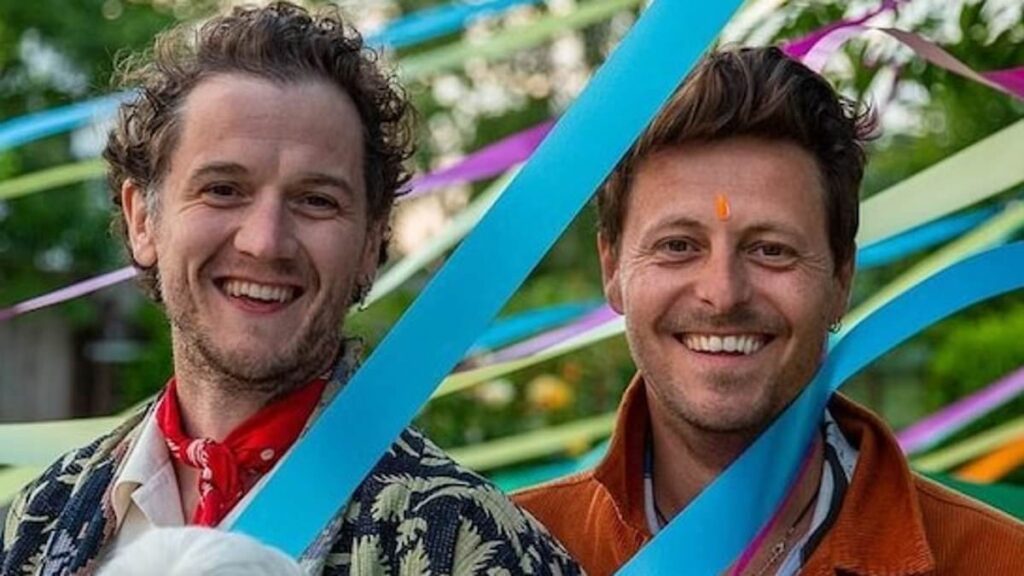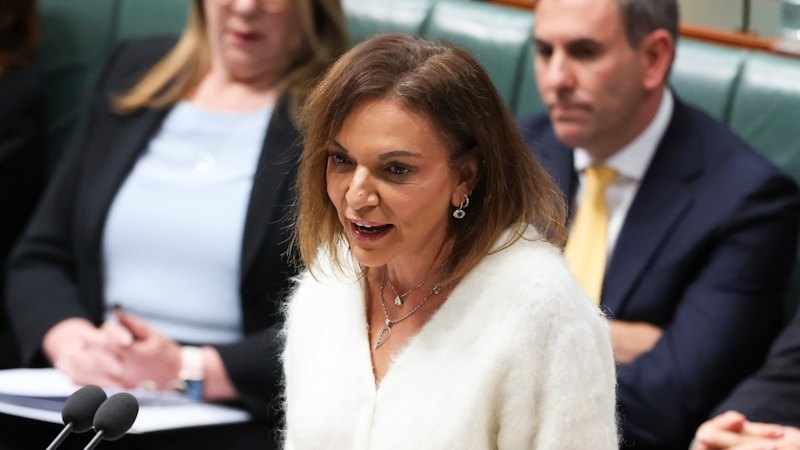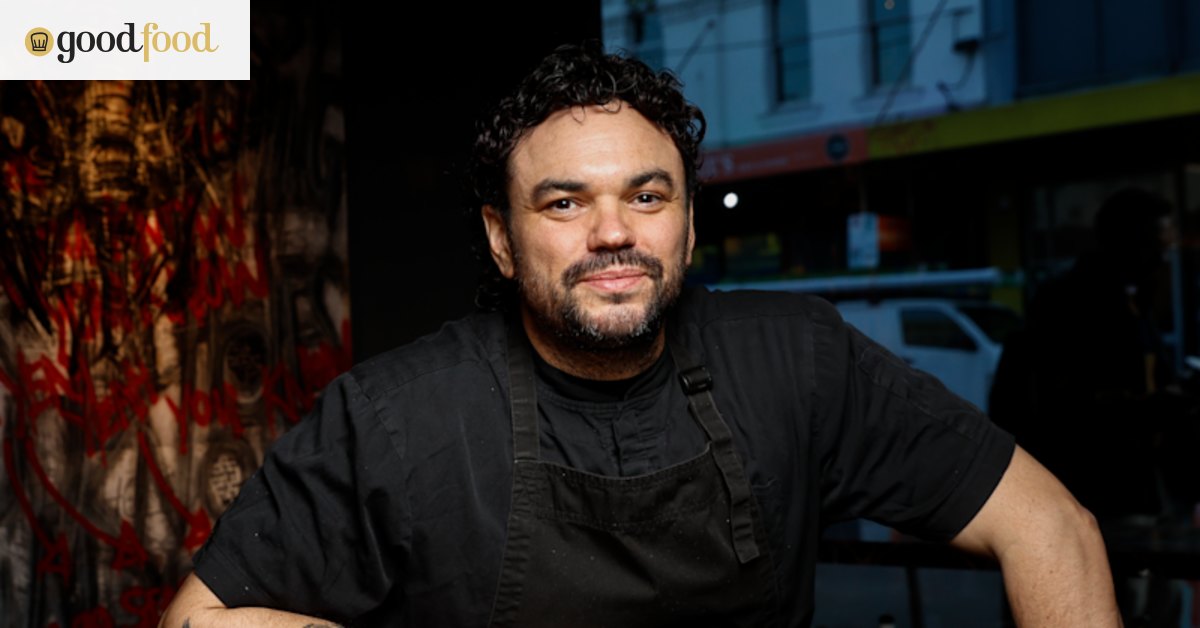
A grieving British mother, Amanda Donaghey, faced a heart-wrenching ordeal after traveling thousands of miles to collect her son’s remains, only to be sent home with the wrong body. Her son, Fiongal Greenlaw-Meek, 39, and his husband, Jamie, 45, were among the 260 victims of the Air India Boeing 787 Dreamliner crash on June 12, which occurred seconds after takeoff from Ahmedabad, India.
The couple had been returning to Britain after celebrating their wedding anniversary in India when the aircraft turned into a fiery wreckage, leaving only one survivor. Determined to bring her son’s remains home, Ms. Donaghey, 66, provided a DNA sample in hopes of identifying Fiongal’s body. However, after days of waiting, she was initially informed that a match had been found, offering her a momentary sense of relief.
A Tragic Mistake
Upon her return to the UK, Ms. Donaghey faced another devastating blow when a British coroner’s DNA test revealed that the remains she received were not her son’s. The identity of the remains remains unknown, and Ms. Donaghey described the situation as “appalling.”
Fiongal, a former student of the Royal College of Art, had a successful career as a fashion designer before delving into spirituality. He founded the Wellness Foundry in 2018, focusing on yoga and reiki. The couple had shared their joyful experiences in India on social media just hours before the ill-fated flight.
Search for Closure
Ms. Donaghey’s journey to India was fraught with challenges. After learning about the crash from Fiongal’s father, she traveled from her home in southern France to Ahmedabad, where she was met by a British High Commission crisis management team. Despite her exhaustion, she immediately took a DNA test at a local hospital.
During her stay, she visited the crash site, describing it as a “bomb site” with remnants of the aircraft still lodged in buildings. Her hopes were briefly lifted when she was informed of a potential match for Fiongal’s remains. However, upon returning to the crash site, she was told nothing more could be found.
Comparative Cases
Ms. Donaghey’s ordeal is not isolated. Miten Patel, another grieving relative, faced similar challenges while retrieving his parents’ remains. Despite initially receiving incorrect remains, he eventually buried his mother, describing the resolution as a “miracle.”
“We don’t have Fiongal. We have carried out the DNA tests and we do not have Fiongal,” family liaison officers informed Ms. Donaghey.
Ongoing Efforts and Legal Action
Despite the setback, Ms. Donaghey and her family remain determined to locate Fiongal’s remains. They continue to contact the Foreign Office daily, seeking answers. Of the 53 British passengers on the flight, only 12 sets of remains were returned to the UK, and the identities of those left in India remain uncertain.
James Healy-Pratt, an international aviation lawyer, is representing 20 bereaved families. He confirmed ongoing communications with UK government officials, including Prime Minister Keir Starmer and Foreign Secretary David Lammy, to address the situation.
“We understand that this is an extremely distressing time for the families, and our thoughts remain with them,” a government spokesperson stated. “Formal identification of bodies is a matter for the Indian authorities.”
The Air India crash has not only left families grappling with immense loss but has also highlighted significant challenges in international disaster victim identification processes. As the affected families seek closure, the incident underscores the critical need for improved coordination and communication in the aftermath of such tragedies.






